Having more facts to testify than most Gambians regarding the injustices perpetrated against the people; having languished in Mile Two Prisons at the Maximum Security Wing in both the First and Second Republic, in those very cells which petrified those men in uniform but not one like me who dared to continue to speak truth to power, over and over again, risking being taken to the same dungeon, I still chose not to appear before the Commission because I have no pain in my heart to heal. Duty compelled me to do everything I had done to combat injustice.
I do forgive Ex Captain Momat Cham even though I have no choice but to prove his guilt of outrageous fabrication of evidence.
Being a symbol of national reconciliation I would not want to undermine the spirit of the Commission by discrediting the testimony of Ex Captain Cham in the press alone without subjecting myself to inquiry before the Commission .That would not be credible.
I would want the witness to be recalled to tell the truth. If there is any provision for confrontation between us for the truth to be known I hereby declare my readiness for the exercise.
No soldier has ever met me in my home. A group of soldiers came to the PDOIS office where I was buried for days monitoring and receiving intelligence report on the situation. The share number of senior Military officers who came with weapons should have frightened any light-hearted human being. They met me composed and contemplative of their mission.
My interaction with a soldier whom I did not know was brief since I wanted them to leave the premises with speed. A Ministerial post was offered and I told the person that they will get my reply. They visited Sam Sarr who lived next door to the PDOIS office and stayed a bit longer than expected. I advanced towards Sam’s house to find out what was going on and met him bidding them goodbye. Sam told me that they were trying to convince him after rejecting the offer outright.
The clear evidence we had that the coup makers were working to form a Government compelled me to put a dent to their plan by writing a letter to reject the offer and also state the principles of its rejection based on the sovereignty of the Republic and the sovereignty of the people. This was done so that the letter would circulate in order to prepare the base for resistance should they go against our recommendations to open up discussion with the political parties and other National stakeholders.
The next day, a Sunday the letter was given to Sam Sarr to deliver at the state house. They would not allow him to see the coup leaders and he left the letter with them and called Captain Kanteh to inform him of the letter. This letter was an open one which was published by the Foroyaa newspaper for general information.
Not only were the coup makers aware of our outright rejection of their offer, the whole nation was also informed of the grounds of rejection by publishing the letter for all to read.
When Ex Captain Cham and Ex Captain Samsideen Sarr were arrested, our publications showed that we came to the defence of their human rights.
His testimony is evidenced by a total disregard for truth, good faith and the National Interest at this most crucial stage of our history.
I am a hundred percent sure that if I am confronted with Captain Momat Cham he dares not say that he saw me at the State House not to talk about being late for a ministerial appointment.
A truth and reconciliation commission deserves something better from an officer in Gambia Armed Forces. It is dishonourable to fabricate evidence and it is more dishonourable to do so against an honourable person.
My head will remain unbowed and I will forever be absolved by history. Deception is no longer possible. I am ready to resign as Secretary General of PDOIS and retire from seeking political office should any evidence emerge from his testimony under confrontation which remotely resembles the truth not to mention the whole truth. The truth will prevail and, to get to the bottom of it, I now challenge the Commission to recall Captain Momat Cham and invite me to face him so that through exposing his fabrication of evidence the Commission will know the truth and nothing but the truth.
If the Commission fails to do this, I will not forgive the Commission!!!!!!!!

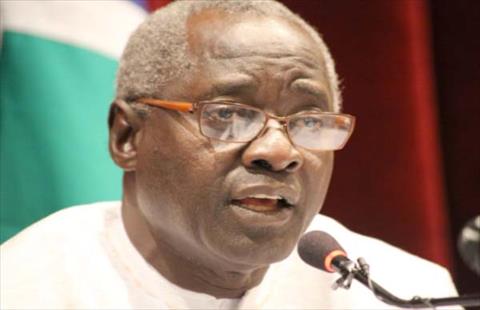
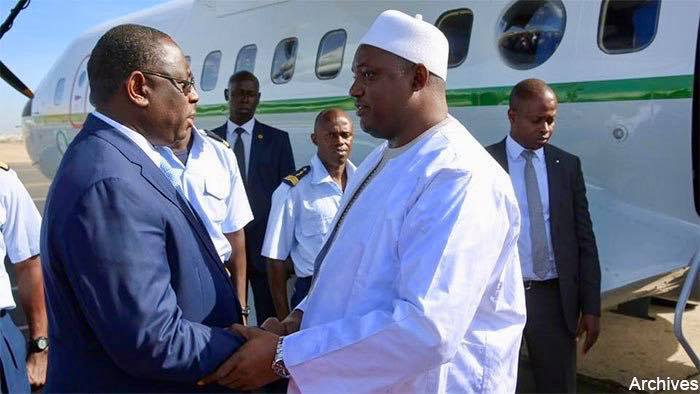
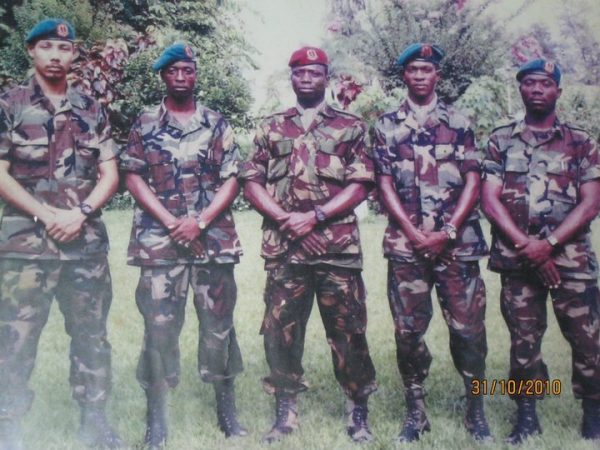

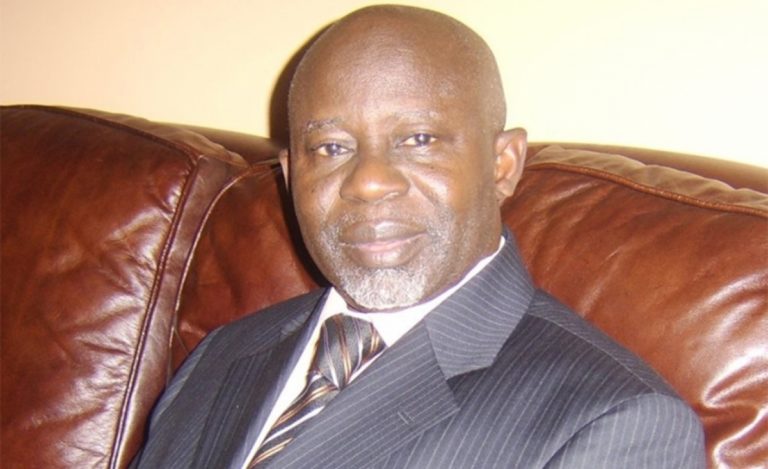
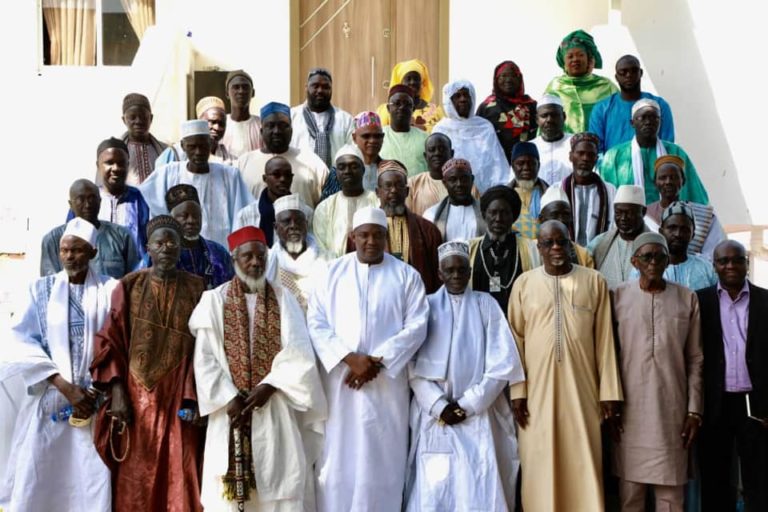
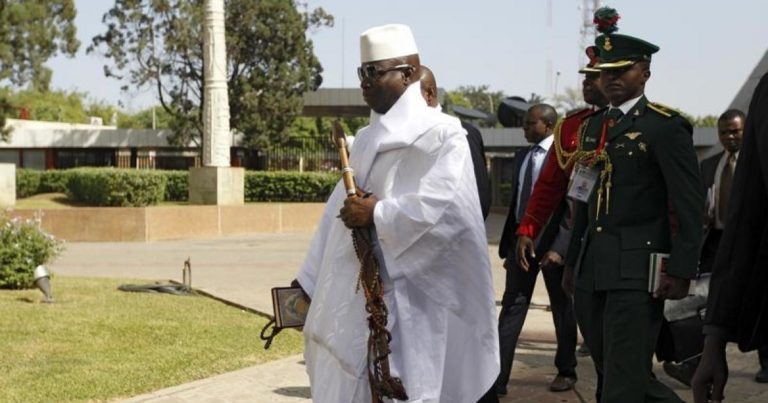
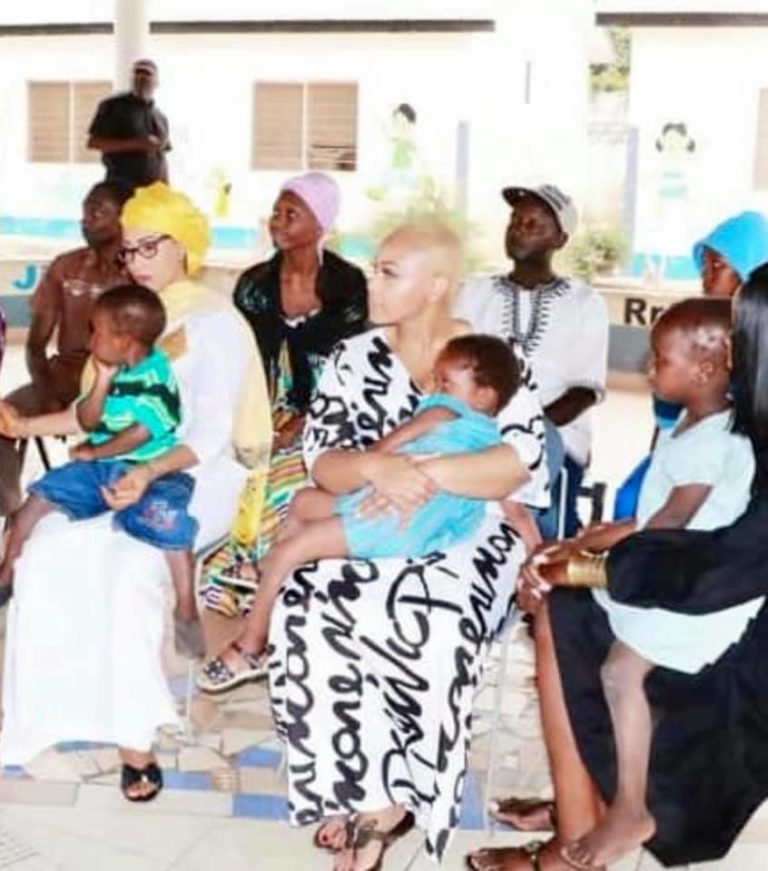
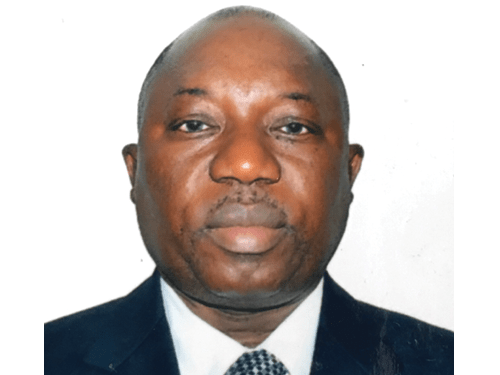
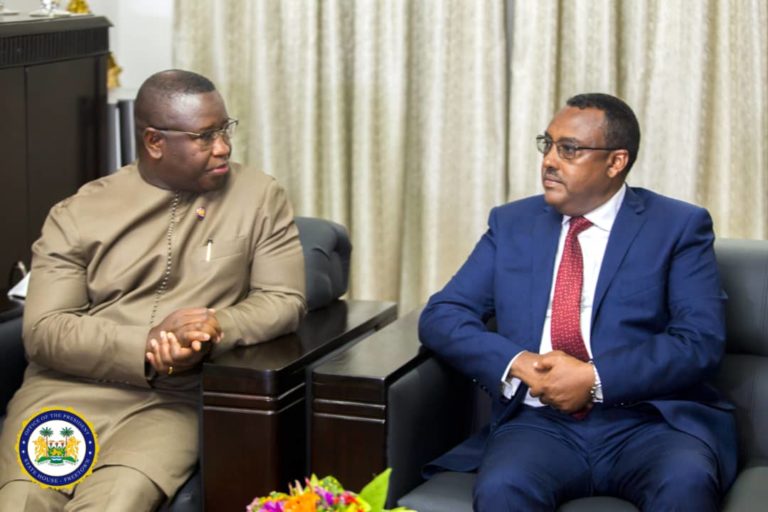

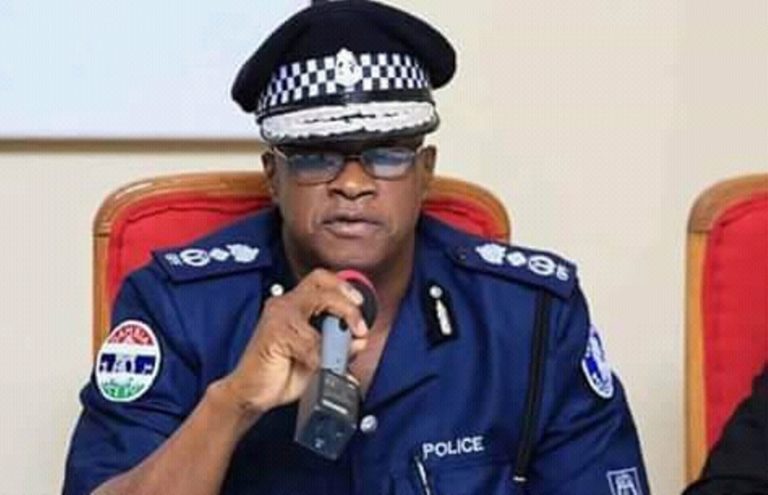
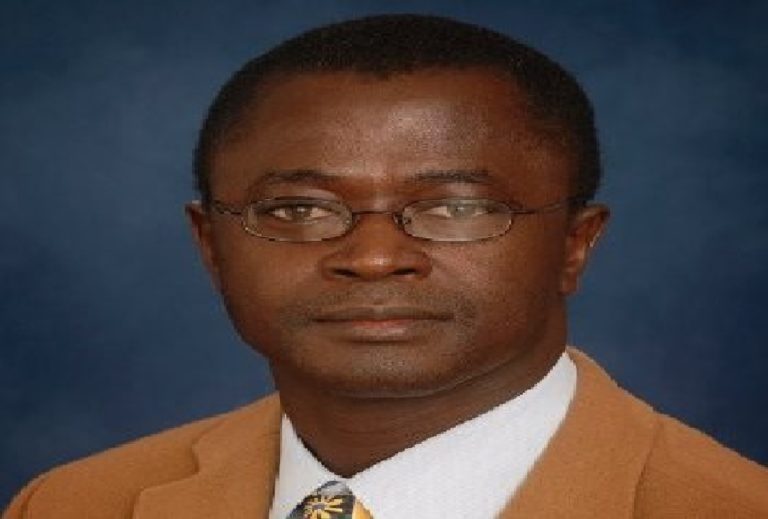

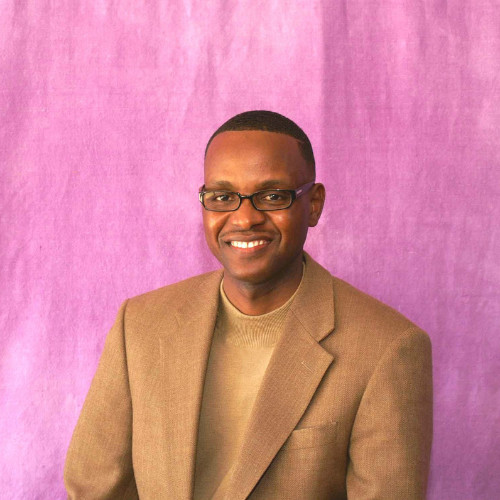
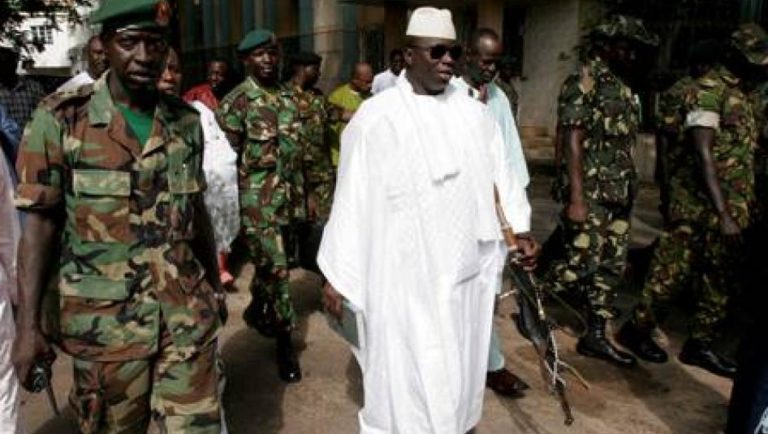
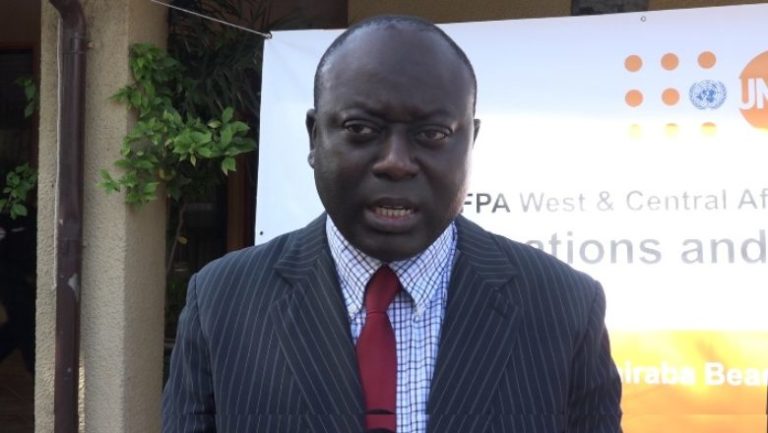
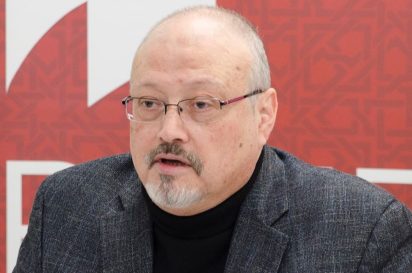
The NIA must not scare us about social media
Individuals have a right to share information and analysis that could be subjective, objective or false. Such information and analysis could also be politically motivated. But such information and analysis cannot necessarily pose a challenge to the extent of threatening national security.
‘Fake news’ may be unpleasant but it’s not the case that it poses a national security challenge. Well before social media emerged in the world so-called fake news have always existed. In most cases such fake news in fact emanates from the Government!
It is Government that is notorious for spreading wrong information to citizens. One can find this practice in every country of the world, be it a democracy or a dictatorship where Government distorts, misinforms, misleads or disinform citizens with false information!
Hence it is indeed misleading and scary for the Director General of NIA to claim that social media is a challenge. The Director General did not present any evidence except to harp on the fact that individuals share information and analysis that he claimed could be wrong. So what?
Just because individuals share information and analysis that someone considers wrong is no justification that such information and analysis is therefore a challenge to national security! Let the NIA produce hard evidence to back their claim than to release general comments which in themselves could constitute fake news!
It is part of democracy that individuals express their opinion. Such opinions could be measured or outlandish but they cannot be said to pose a challenge to national security, unless it is hate speech. Those who commit hate speech should be subjected to the law.
Gambians must stand up to protect our hard-earned democracy and be prepared to stop the Government from using scare tactics to roll back our freedoms. Not long ago the Vice President made similar remarks about social media.
It is these claims that were made by other governments in other parts of Africa and the world leading to their closure or limiting of internet and social media. We cannot allow such draconian actions in The Gambia.
Our social media is fine. Our citizens are exercising their fundamental rights as they should. Let the Government protect our rights which includes applying the law against those who violate the law. But we cannot allow our rights to be taken away with such fake news from the Government itself. Never again!
For The Gambia Our Homeland